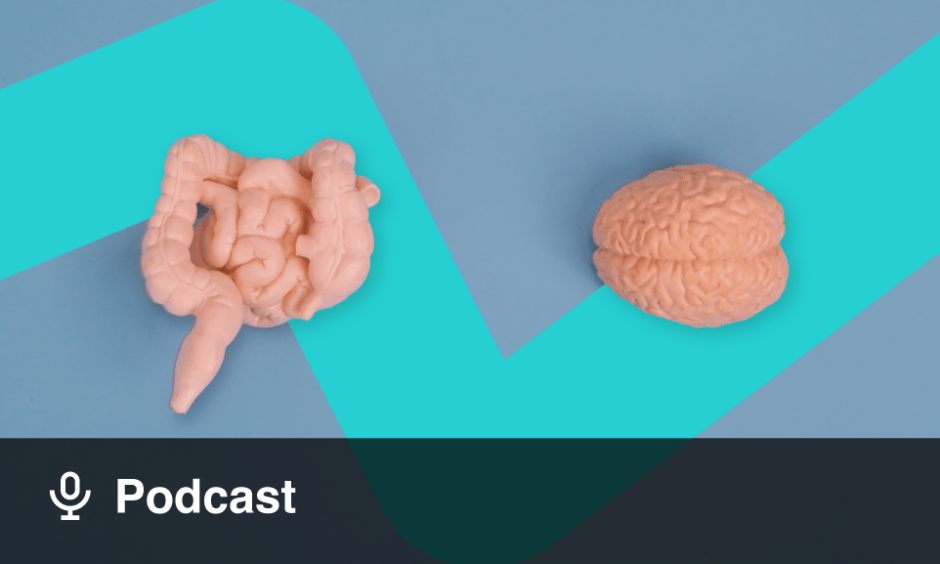A RECENT systematic review and meta-analysis has shed light on the significant prevalence of post-infection irritable bowel syndrome (PI-IBS) and functional dyspepsia (PI-FD) in individuals who have experienced acute gastroenteritis.
The study included observational studies recruiting ≥50 adults and reporting prevalence of IBS or FD after acute gastroenteritis with ≥3-month follow-up. A total of 47 studies were included, with a combined cohort of 28,170 subjects. A random effects model was used to estimate prevalence and odds ratios with 95% CI, to elucidate the long-term impacts of acute gastroenteritis on IBS or FD, specifically focusing on the type of pathogens involved.
The findings revealed that 14.5% of individuals experiencing acute gastroenteritis developed PI-IBS, and 12.7% developed PI-FD. Notably, PI-IBS was found to persist in 39.8% of affected individuals for over 5 years post-diagnosis, indicating a long-term impact on quality of life.
The odds of developing IBS post-gastroenteritis were 4.3 times higher, compared to those who did not experience gastroenteritis, and 3.0 times higher for FD. The study highlighted the significant role of different pathogens in the development of these conditions. PI-IBS prevalence was highest following infections with parasites (30.1%), although data on parasitic infections were limited to just two studies. Bacterial infections followed with a prevalence of 18.3%, and viral infections at 10.7%.
Among bacterial pathogens, Campylobacter was notably associated with the highest PI-IBS prevalence at 20.7%. Interestingly, infections with Proteobacteria and SARS-CoV-2 were linked to the highest odds for developing PI-IBS, each with an odds ratio of 5.4. In terms of PI-FD, SARS-CoV-2 had a prevalence of 10.0%, while bacterial infections, particularly with Enterobacteriaceae, had a prevalence of 13.6% (19.4% for Enterobacteriaceae specifically).
The study concluded that proinflammatory microbes, including Proteobacteria and SARS-CoV-2, are significantly associated with the onset of PI-IBS and PI-FD. Monitoring and managing gastrointestinal symptoms following acute gastroenteritis is crucial to mitigate long-term adverse effects on gut health.
Ada Enesco, EMJ
Reference
Porcari S et al. Prevalence of irritable bowel syndrome and functional dyspepsia after acute gastroenteritis: systematic review and meta-analysis. Gut. 2024;DOI:10.1136/gutjnl-2023-331835.








